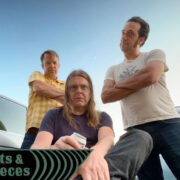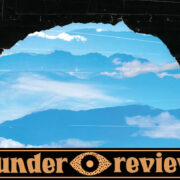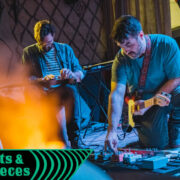Wolf People on T.S. McPhee, Iron Claw, Charlies and Rev. Charlie Jackson 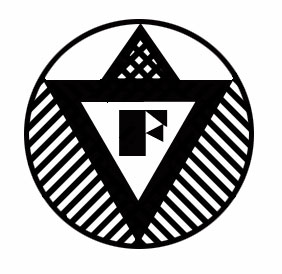
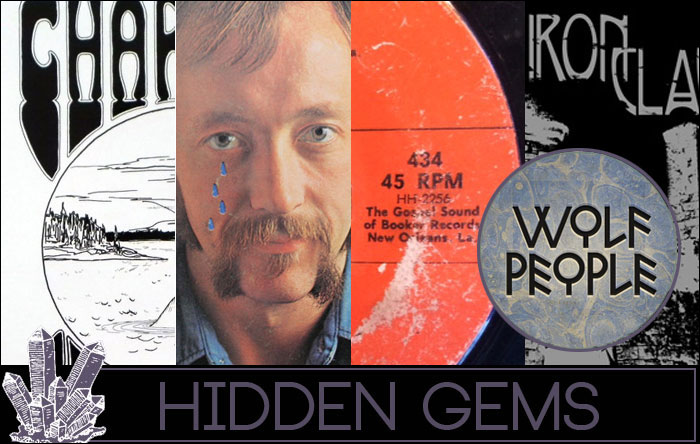
The latest edition of Hidden Gems is an epic one, each member of UK psych faves Wolf People picked a record they thought hadn’t gotten the attention it’s deserved over the years. As always, the idea of Hidden Gems is to highlight those albums and bits of music, that while not necessarily obscure, haven’t gotten their full due in the course of music history and the band digs deep to find some examples of music that’s been left off the ledger. Each member of the band picks a record that’s hit home for them in a meaningful way.
I’m starting here with guitarist Joe Hollick, who found solice in Tony (T.S.) Mcphee’s solo album The Two Sides of Tony (T.S.) McPhee. McPhee is the driving force and main guitarist behind generally undersung heroes The Groundhogs. Of how record came into his life, Hollick says, “Pete Fowler and DJ Cherrystones made a great series of Podcasts around 2005/6, they introduced us to so much amazing music we’d never heard before, they would play Flying Lotus, then follow it with a Barış Manço record. I’d like to class myself as a Groundhogs obsessive, and was embarrassed to find I’d not known about his solo album. When the reveal dropped that “The Hunt” was T.S McPhee my jaw dropped to the floor. The track blew me away.”
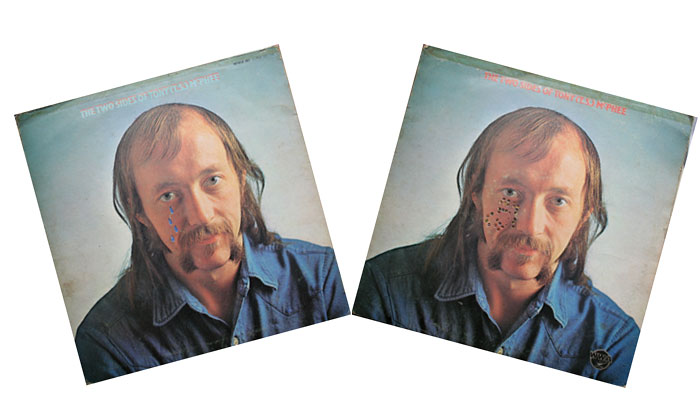
Hollick goes onto explain his love for the album, “It’s a protest record, a genuine British Blues record, about subjects close to this country’s heart, not a middle class European reimagining of US delta blues. Side A is T.S McPhee at his most intimate, powerful, unaccompanied acoustic blues, intentionally primitive in approach but a showcase of his incredible talent. His playing feels almost stream of conscious, eschewing common “blues” structure, just turn the tape on and play. However, before turning over to Side B you would be forgiven for being lulled into a false of security. It smacks you in the face. “The Hunt” is a full on proto-techno odyssey made entirely with early ARP synths and a drum machine, way ahead of its time. You don’t know where to place it, electronica before we really knew what electronica was. These aren’t dreamy prog soundscapes, the side is harsh yelps and groans and abrasive resonance. The drop into the opening drum machine salvo is so very, very heavy. What it must have sounded like in 1973 I have no idea. Centered around his hatred for fox hunting, it makes me feel like going out and doing wrong and taking the fight to them myself. It is such a wonderfully executed and stark contrast to side A. The harshness of all this combined with the lyrics ups the intensity: “It makes me feel so sad, then again it drives me mad to realize the state of people’s minds. Life is a frail thing but not a rich man’s plaything, how far has he come from the days of ice.”
“The record proves that Tony was more than just a blues rock guitar player” Hollick says, “he’s a sonic visionary and was able to use the most up to date technology he had around him, the guitar wasn’t the be-all and end-all, just a tool to make the sounds in his head. We know that McPhee played with John Lee Hooker in his early career, he has the heritage and the chops, so it makes the journey into electronica even more meaningful. I think that his experimentation with synths was a natural progression from the octave fuzz and wah freakouts with Groundhogs, and octave and wah were obvious choices from someone in awe of Hendrix. In my opinion “The Hunt” is maybe an insight into what Jimi might have done beyond the guitar, had he lived to embrace synthesizers.
“Sometimes I get too obsessed with guitar players” Hollick continues, “their gear and their approach, and guitarists copying guitarists can lead to dead ends. Too much self reference and not enough innovation. Instead of trying to copy Tony’s incredible playing, this record has made me copy his attitude. His anger at animal cruelty, something that everyone should feel very strongly about, is more inspirational to my own playing than just straight copying riffs and sounds.”
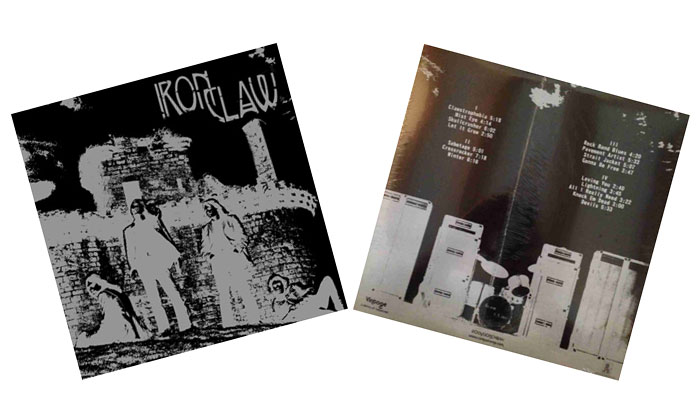
Frontman Jack Sharp picked Irish band Iron Claw’s collection of demos that surfaced in 2009. Of the hard rock nugget Sharp says, “I was on a late night YouTube spiral of UK hard rock, listening to stuff like Horse and May Blitz when I came across the track “Clawstrophobia.” It was so dirty and raw it grabbed me straight away. If I really like something, my first two reactions are to laugh, and then share it with as many people as possible. The band loved it and it became one of our van records. Essentially, it’s like discovering two lost Sabbath albums from 1969/70. The quality of the writing and the level of playing is so good that it goes beyond imitation. It’s almost like a Sabbath franchise. The band were formed after a lad from Dumfries went to see Led Zeppelin live, they started playing covers, then Black Sabbath visited and changed everyone’s lives. Apparently, after that concert Iron Claw would basically played the entire Sabbath debut album in full at shows! Which explains the similarities when they started writing their own stuff.”
He muses, “If I was growing up in Dumfries in the early 70’s I would have been down the front headbanging, pleased to have my own home-grown hard rock band. Apparently Sabbath’s management weren’t happy about the similarities though, and I think that’s what prevented them getting anywhere. Luckily for us, someone allowed them to make half decent demos and the tapes were kept. Another reason I love this record is the quality of the recording. It’s just the right side of shitty, with really gritty overdriven tape making all the fuzz and drums sizzle and crack. These guys knew how to write riffs too, each track is stuffed with them, which I guess comes from studying Tony and Geezer under a microscope for a few years.
As I said, it became a van record, and we listened to it pretty intensely while bombing around on tour for the last record. It was this or the Ghetto Boys at all times pretty much. We all wanted to make a more direct rock record that had that power and wasn’t labored or over-thought. We used a lot of the rhythms from this record as a framework for the songs on Ruins, especially on stuff like “Ninth Night” and “Night Witch.”
Drummer Tom Watt, picks a similarly obscure gem out of the ether, landing with Finnish prog/psych band Charlies’ hard to find album, the impossibly named,< B>Buttocks. Watt explains, “This band is from Finland, which is my wife’s homeland, so we go there every summer to visit friends and family. Naturally, I take a bit of time to check out record shops every year and have gradually become quite obsessed with the Finnish scene from the ’60 and ’70s. The original pressing is impossibly difficult to find, but I stumbled across a bootleg LP a long time ago and it immediately blew me away.
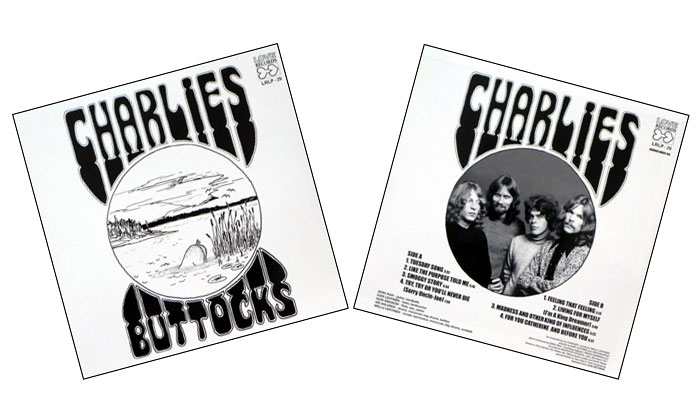
Buttocks was a bit of an oddity in Finland at the time. What I like most about it is how hard and loud the band are playing, it’s a very intense record, but also they don’t give a damn about anything. Some of the arrangements are very drawn out, they certainly didn’t seem to be worrying about the tape running out. When they get going they really take off with wailing acid-fuzz guitar, screaming saxophone and no shortage of riffs and beats. The musicianship is incredible and the influences are wide; lots of blues but also folk, jazz and tribal drumming too.”
Lastly, bassist Dan Davies dug deep into the 45 pile for a bit of esoteric American blues from the Rev. Charlie Jackson. He picks this cut from the Reverend’s single for “Morning Train,” finding it through “a couple of friends of mine, Noah & Danny [who} collect field recording & ethnographic LPs. We were round at Danny’s & this got played”, he recalls, “I was hooked in instantly. There are about three volumes of collected live recordings of Reverend Charlie Jackson. He was based in Baton Rouge, but traveled a lot. He was an electric guitar evangelist! I particularly like this track from the first volume, it’s just such a heavy groove and you can kind of hear the atmosphere in the room while he’s playing it’s just totally going off. His 45s are very sought after by blues collectors, but these recordings are taken from Reverend Jackson’s personal archive of cassette tapes from services where he played. The live recording LPs have been painstakingly put together by Adam Lore at 50 Miles of Elbow Room records. Adam is working away, more or less single-handedly as far as I can tell, to get a lot of lost, unheard and under appreciated music out there into the world.
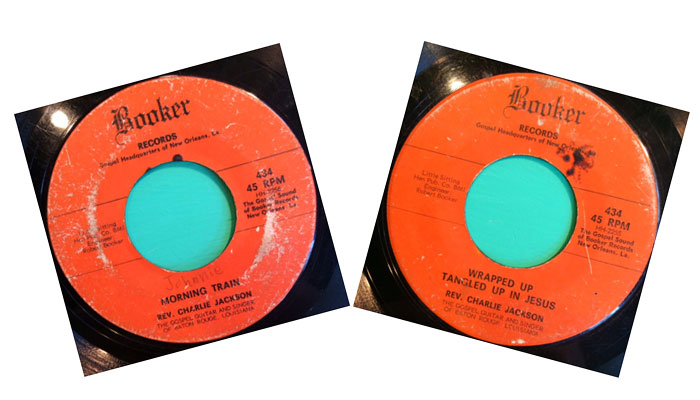
On how its affected him, Davies concludes, “I think music that I really like inevitably tends to seep into my playing somehow. There’s a heavy bass groove underpinning this track, making it motor along. I was lucky enough to find a battered 50’s Les Paul Junior for a bit of a bargain a while back. Plug it into a small amp like a Vibrochamp and roll the tone off a bit and it sounds kind of like this record. It’s a wonderful guitar & has motivated me to work on my six string playing a bit more deliberately. Also I’ve been in a band with two of the best players around for a decade, and have picked up a trick or two from each of them. I guess from years of playing together things sort of seep in too somehow!”
The band’s upcoming album of modern psych nuggets, Ruins is out November 11th on Jagjauwar.
Support the artist. Buy it HERE.



